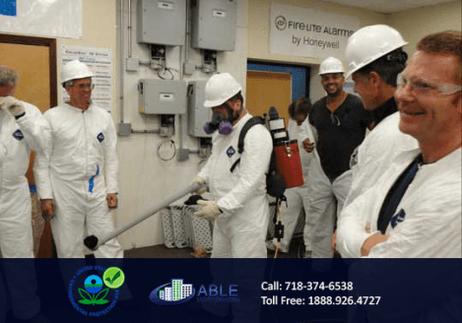In the consumer world, “satisfaction guaranteed or your money back” is a common promise. However, this guarantee has never crossed into the academic realm until recently. Michigan’s Lansing Community College is offering a guarantee that is virtually unprecedented in the world of higher education: get a job or your money back.
Program Seeks to Encourage Prospective Students
According to Lansing Community College president Brent Knight, the guarantee is meant to alleviate the apprehension some may feel about returning to school in a tough economy. Prospective students may wonder whether investing time and money in a new degree or further job training is worthwhile if their efforts will not translate into increased job prospects upon graduation.
Knight acknowledged as the Lansing State Journal reports, that “Many people are discouraged in job seeking. Why spend money, take time to learn when you may not get a job?”
The new program, called “Get a Skill, Get a Job or Your Money Back,” aims to assuage some of these fears. It promises students who enroll in certain occupational training programs that if they are not able to find a job in the field within one year of graduation, Lansing Community College will refund their tuition money.
This video offers an overview of Lansing Community College.
The Fine Print
The program covers four short-term training programs for specific occupations that are in high






















